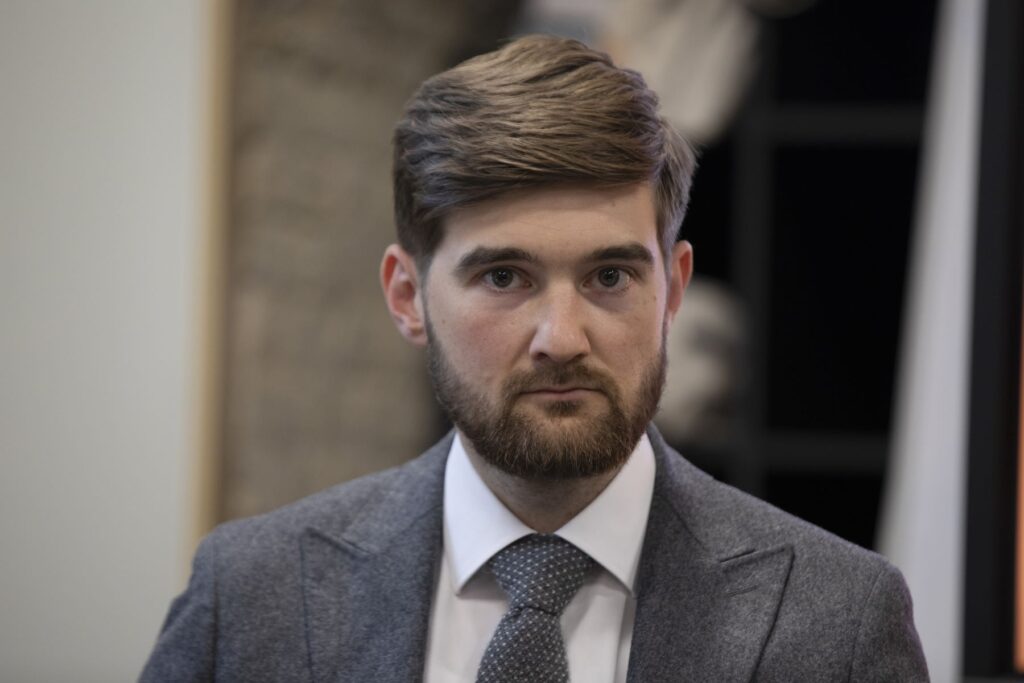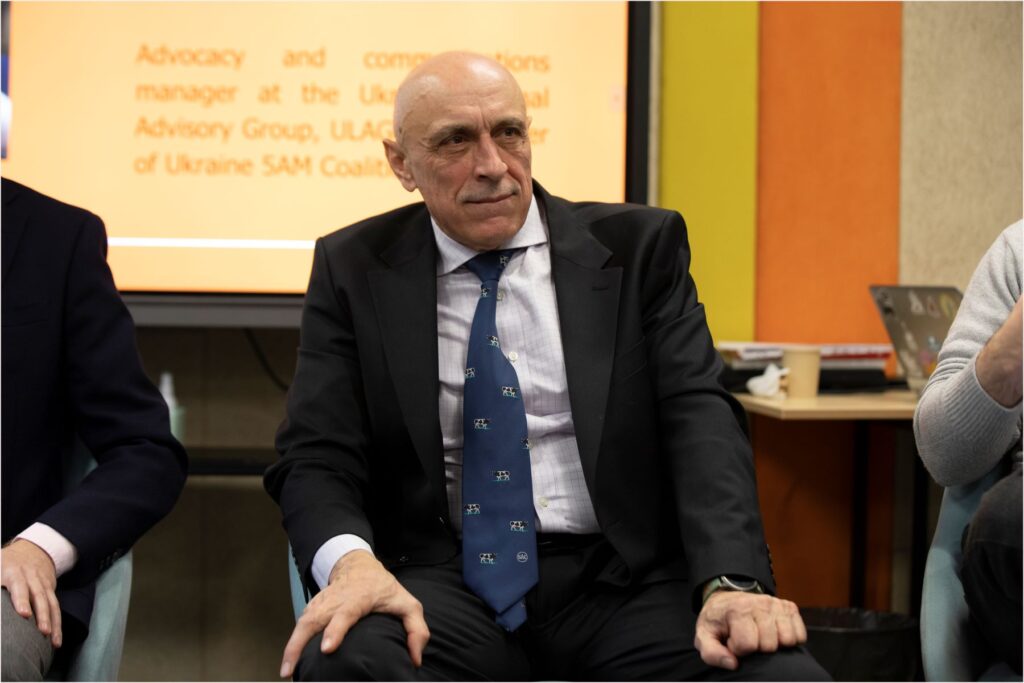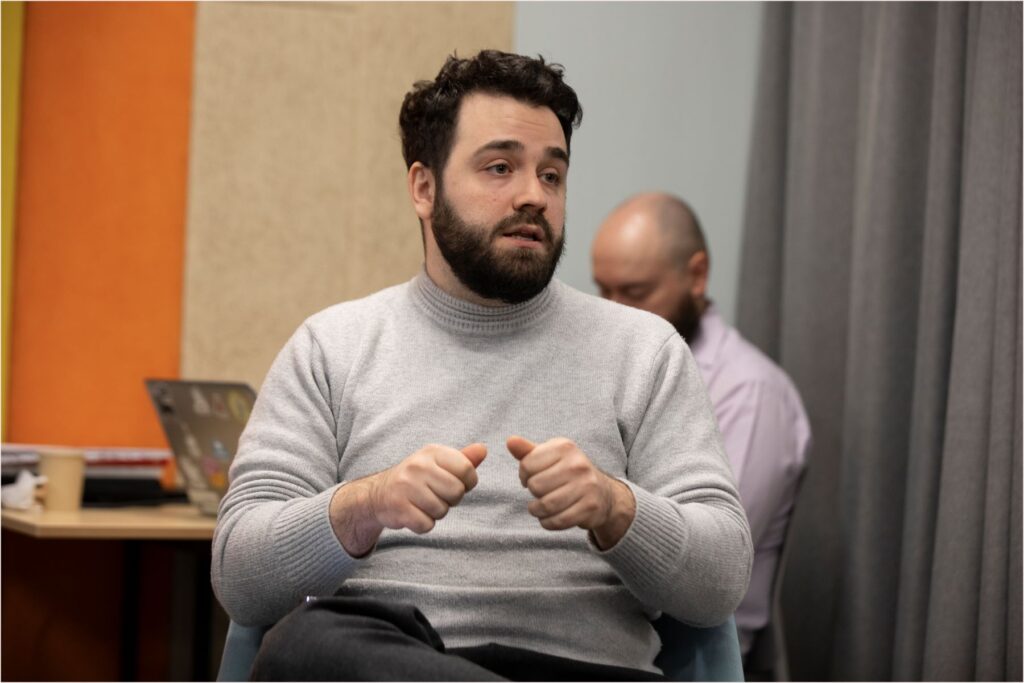The Center for Civil Liberties held an event in Kyiv to stress the importance of ratifying the ICC Rome Statute

On November 22nd, the Center for Civil Liberties (CCL) held the event “Why we should not delay the ratification of the Rome Statute”, with the support of its partners USAID, member organizations of the Tribunal for Putin Initiative and 5 AM Coalition.
After opening remarks from the CCL Executive Director Oleksandra Romantsova, the distinguished panel of speakers addressed the implications, arguments in favor and against for Ukraine to ratify the Statute.

The panel was composed by Dmytro Koval, Truth Hounds Legal Director (TH); Oleksandr Pavlichenko, Executive Director of the Ukrainian Helsinki Human Rights Union (UHHRU); Arie Mora, Ukrainian Legal Advisory Group (ULAG); Roman Romanov, IRF Human Rights and Justice Program Director (IRF) and Volodymyr Yavorskyi, Expert at the Center for Civil Liberties (CCL).
Attendees included representatives of European Embassies, the European Union Advisory Mission, partner organizations of the CCL, and member organizations of the Tribunal for Putin Initiative.
“Ukrainian leaders believe that to be the head of the state, it is important to control the justice system of the country. The Ukrainian Parliament made declarations about the ad-hoc recognition of ICC jurisdiction, but we want Ukraine to be committed to support the Rome Statute system. Without the full ratification of the Rome Statute, the process is not complete, and not irreversible. If you try to postpone it, it is a losing strategy.”, explained Roman Romanov (IRF).

“Ukraine must ratify the Statute; it is our obligation based on the agreement with the European Union. It is important for Ukraine to show the EU we are ready to follow the international rules. Also, if Ukraine thinks the international law should be re-shuffled or some elements of it should be changed, the country has to sit at the table with other ICC countries to discuss that, and the way in is by ratifying the Statute.”, mentioned Dmytro Koval (TH).

“If we don’t ratify the Rome Statute, it will damage the political image of our country at an international level. Evading to ratify, it will be parallel to Russia not ratifying the European Convention on Human Rights. Ukraine can also play in the future the role of “teacher” for other countries. We may share our elaborated instruments and protocols of cooperation with the ICC, and how criminal investigations resulted with and without the ratification.”, stressed Oleksandr Pavlichenko (UHHRU).

Arie Mora (ULAG) explained: “We need to be more assertive and rigorous when assessing the position of authorities with regards to RS Ratification and stop being afraid to seem impolite. The government is now saying it can be done, but at a later point of time, which indicates a shift in the rhetoric from just using the military as a scapegoat. Instead of assuming its existence and impact, the alleged opposition must be properly assessed, rather than blocking the ratification process just because someone ambiguous and abstract is not supporting it.”

Finally, to close the panel, Volodymyr Yavorskyi (CCL) stressed: “More than 120,000 war-related criminal proceedings have been registered in Ukraine today. Most of them are truly international crimes. The provisions of the Rome Statute regarding the definition in the Criminal Code remain unimplemented in Ukraine, and there are also serious problems in matters of witness protection and protection of the rights of victims of these crimes. This leads to the formation of national practices of investigation and prosecution, which sometimes contradict international criminal law.”
Read more about the Pros and Cons of Ratifying the Rome Statute in the “Ukraine’s Path to Brussels Runs Through Rome” analysis here.

